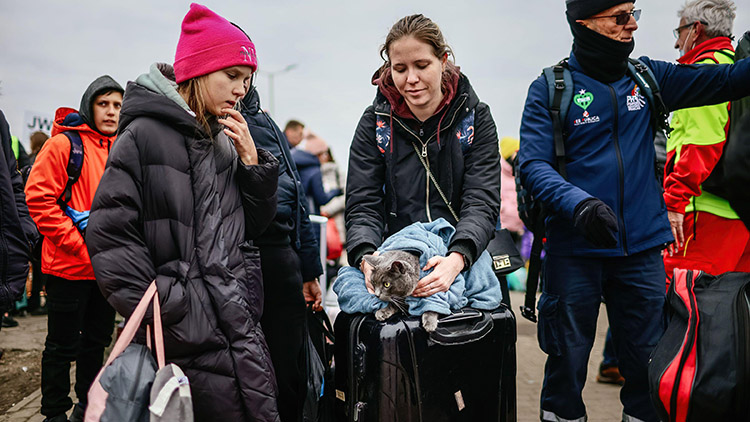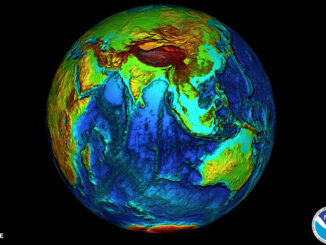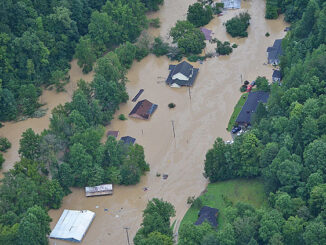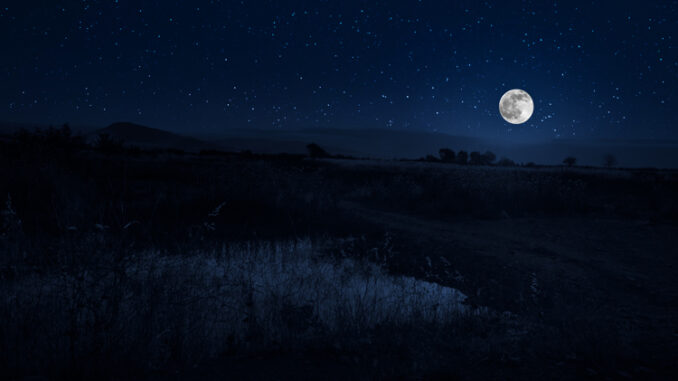
The night sky is filled with wonder. The moon and the stars appear at night. On a clear, dark night, constellations may be visible. When the sky is dark, the Moon and stars shine brightly. But sometimes the night sky is affected by manmade light. Manmade light is also known as artificial light. Sometimes artificial light is called light pollution. The glow from artificial light pollutes the sky and affects the natural nighttime environment.
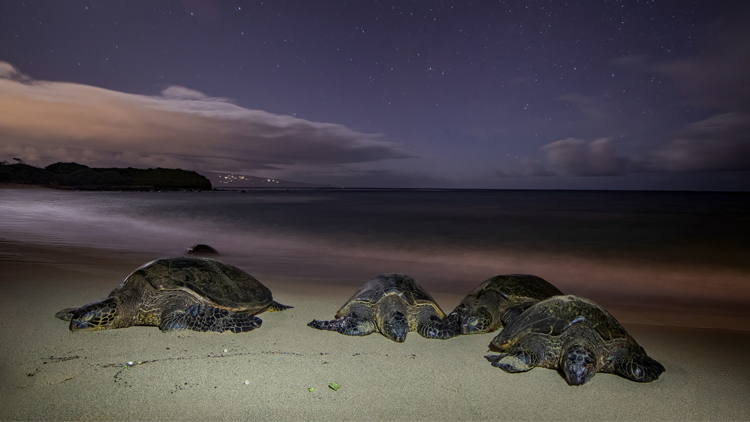
Light pollution affects wildlife. Plants and animals depend on the Earth’s daily cycle of light and dark to survive. Animals that are nocturnal, or active at night, depend on the darkness to protect themselves from predators. They rely on the darkness to find food. Sea turtles hatch at night on the beach. The hatchlings find the ocean by following moonlight on the horizon. Artificial light draws some hatchlings away from the sea. Light pollution causes hundreds of baby sea turtles to die every year.
Let’s turn off the lights! April 15-22 is International Dark Sky Week. Make a special effort during this week to turn off the lights and look up at the night sky. You may be surprised at what you can see when we have the less lights on.
What Can You Do? Do some research about International Dark Sky Week. Find a dark sky area near you to search for your favorite constellation.
Photo Credit: (t)Zeferli/iStock/Getty Images, (b)Maui Topical Images/Shutterstock

